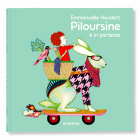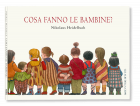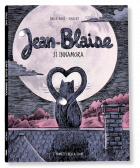ARIOSTO LUDOVICO
 Ludovico Ariosto (1474-1533)
Ludovico Ariosto (1474-1533)
Ludovico Ariosto was born in Reggio nell'Emilia, Italy in 1474. He is the poet who best expresses the ideals of the Renaissance. His father guided him towards law studies and presented him to the court of the Estensi. Following the death of his father, and given the family's precarious economic condition, a career in court became a necessity. Service alongside cardinal Ippolito d'Este and then Alfonso d'Este meant he was forced to move around continuously. This was difficult and unpleasant for him and court-life is lucidly described in Satire. Happier times came during service in Ferrara where he was allowed to organize court theatre productions.
Ariosto's greatest poem, the Orlando furioso (1st version, 1516; final version, 1532) is a continuation of the unfinished epic poem Orlando innamorato (1487), by the Italian poet Matteo Maria Boiardo. The Furioso was first translated into English in 1591 by Sir John Harington (1560?-1612). In addition to the adaptation of the 11th-century epic Chanson de Roland, Ariosto's poem includes, as a tribute to his patrons, an epic whose hero, Ruggiero, is presented as the legendary founder of the Este family. In this work the traditional chivalric style is just a pretext for an imaginative pageant of duels and battles, incredible journeys, monsters and sorcerers, enchanted castles, friendship and love, betrayal and deceit, narrated at an unflagging pace in a dazzling style that transports the reader to that half-world between dream and reality.
Ariosto's other works include comedies such as La Lena (The Wind, 1529), as well as odes, satires, and sonnets.
links: - Orlando Furioso: an english version - Ludovico Ariosto: a biography in portuguese |






